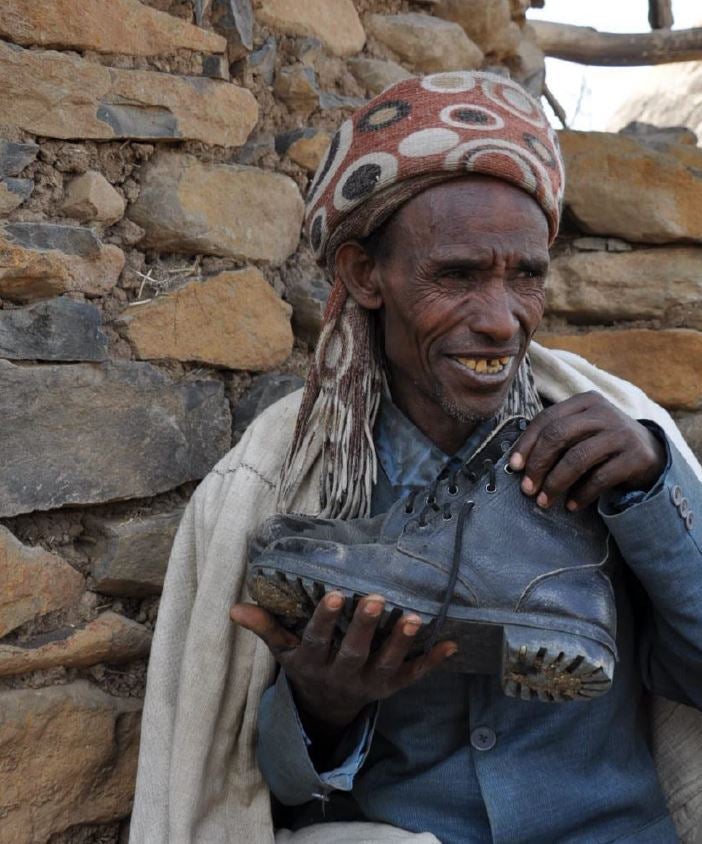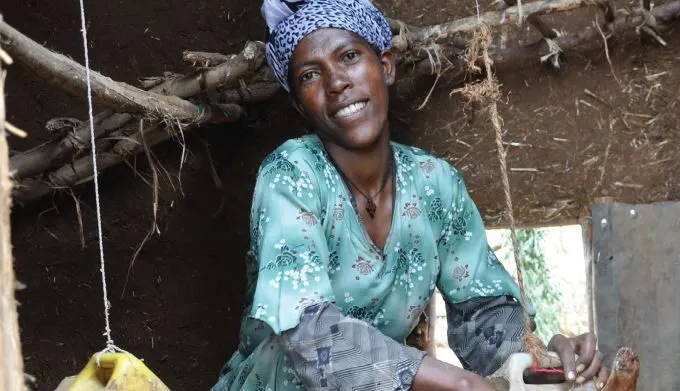Background
The project works in support of the livelihoods component of the Government of Ethiopia’s PSNP, and targets PSNP households in 37 woredas of Amhara, SNNP, Sidama, and Tigray regions, with the aim of enabling 97,900 households to graduate with resilience from the PSNP. During the cost extension period, the Livelihoods for Resilience Activity has expanded to four woredas of Oromia as well (Kurfachelle, Girawa, Chiro, and Gemechis), for a total of 41 woredas covered.
The Livelihoods for Resilience Activity is implemented by a consortium of organizations led by CARE, which plays an overall leadership role and implements field activities in Sidama (now its own region), Gedeo Zone of SNNPR, three woredas of Southern Tigray, and Oromia. ORDA Ethiopia implements activities in Amhara, the Relief Society of Tigray (REST) implements in Tigray, and Agri Service Ethiopia (ASE) implements in Hadiya Zone of SNNPR. SNV provides technical support for value chain development, private sector engagement, and agricultural input supply.

Project objectives
The purpose of Livelihoods for Resilience is to enable 97,900 chronically food insecure households to graduate with resilience from the PSNP. The project has four sub-purposes and eleven expected outcomes, as outlined below:
· Sub-purpose 1: Members of PSNP households have increased capacities for undertaking resilient livelihoods
· Sub-purpose 2: PSNP households have economically viable and resilient livelihood portfolios
· Sub-purpose 3: An enabling environment supports resilient livelihoods for PSNP households
· Sub-purpose 4: Collaboration, learning and adaptive management processes enhance, scale up, or facilitate replication of impact

